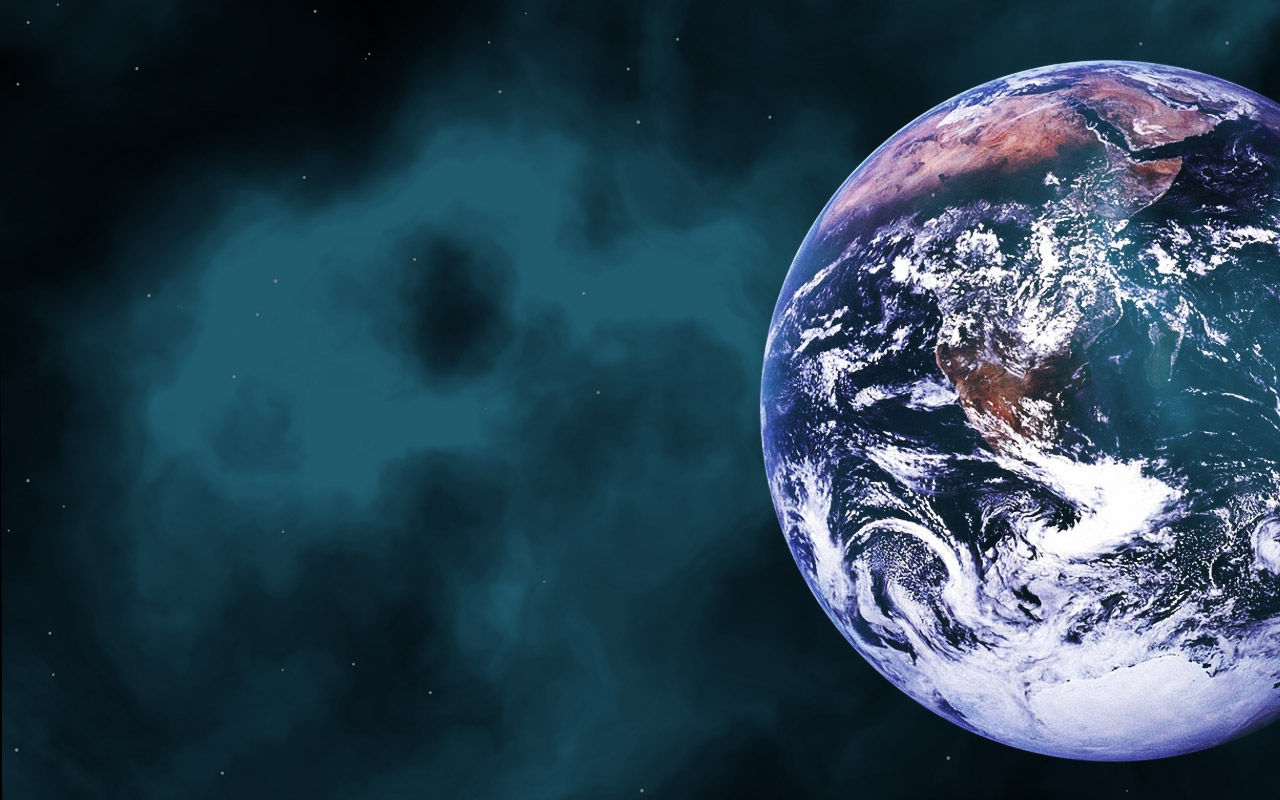
Why Should We Vaccinate?
By AVA DISALVO
Vaccines play a very large and important role in today’s society. Yet, some people seem to be against them. This causes people to wonder, should we vaccinate our children?
The answer is yes, for a multitude of reasons. But first, let's discuss some of the incorrect reasons why people do not vaccinate their children.
Many people choose not to vaccinate children because of the belief that vaccines are linked to autism. This belief stems from the idea and incorrect observations of symptoms of ASD (Autism Spectrum Disorder) that were seen after children were vaccinated (rather than before). Admittedly, this alone seems like a decent reason; except, it’s false. Research on this topic has been published countless times, and there has been no scientifically documented connection between vaccinations and ASD.
According to The History of Vaccines, “Most scientific and medical experts are satisfied that no connection exists between vaccines and autism and other neurodevelopmental disorders.”
The word of scientists and medical experts should be held above the word of an average unlicensed citizen. But even if doubt still occurs, researchers of autism support the same claim. The History of Vaccines went on to say that “most autism researchers believe and have come to the conclusion through research that the causes of autism are many and include genetic and environmental factors, but do not involve vaccines.”
Now that science has debunked the claims of autism, let’s focus on the main issue: What happens if people do not vaccinate their children?
Although a segment of the population who do not vaccinate their children do so due to personal belief, a large majority of said segment cannot vaccinate their children, which is why we must vaccinate ours. This may be confusing. Allow me to break it down, many children who are diseased (or adults with cancer), cannot be vaccinated due to the dangers it would present to their weakened and medicine-filled bodies.
Therefore, the people who can vaccinate themselves must do so to protect these people. This is called Herd Immunity, and it is essentially how, if everyone is vaccinated, there is no chance for disease to enter a community or spread, which allows the people who cannot be vaccinated to have a better chance at avoiding the disease.
According to the article, “What's Herd Immunity, and How Does It Protect Us?,” by Stephanie Watson, "If we lower vaccine coverage in the U.S. to those diseases, there's a high chance of those diseases being reintroduced.”
Vaccination does not simply provide extra protection to those who take them, it protects those who cannot take them as well. Vaccines are so vital that simply not vaccinating can lead to previously eradicated diseases being reintroduced due to the lack of herd immunity and the lack of protected communities. As previously shown, taking care to be vaccinated can be extremely helpful and have many positive long term effects for both the individual and the people in the community . Because of this, it is more than reasonable to assume that vaccination should be mandatory by law with the exception of those with medical disabilities (people undergoing chemotherapy, children with severe allergies, infants/newborns, etc.).
At the end of the day, I believe that people who choose not to vaccinate their children may have reasons to do so, but it is naive to put one’s beliefs, religion, and uneducated medical interpretations above the work of scientists and put the lives of oneself and others at risk. The people who cannot vaccinate themselves or their children rely on the majority to vaccinate, and if the majority chooses not to, we are putting their already struggling lives at stake.
Works Cited
“Do Vaccines Cause Autism?” The History of Vaccines, https://www.historyofvaccines.org/content/articles/do-vaccines-cause-autism
Watson, Stephanie. “What's Herd Immunity, and How Does It Protect Us?” WebMD, WebMD, 30 Nov. 2018, https://www.webmd.com/vaccines/news/20181130/what-herd-immunity-and-how-does-it-protect-us.
